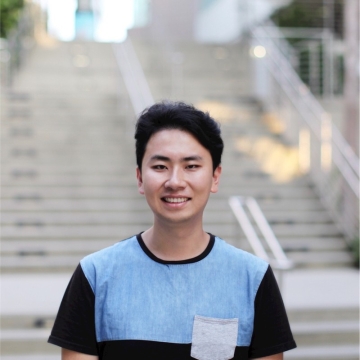Efficient Generation of Primordial Germ Cells and CRISPR Perturbation Screens Identify Epigenetic Regulators Impacting Primordial Germ Cell Development
In mammalian development, the process of gametogenesis begins with a group of germline precursors known as primordial germ cells (PGCs), which emerge shortly after embryo implantation. These PGCs undertake a migration through the developing hindgut to ultimately reach and populate the embryonic gonads. In vitro modeling of this complex developmental process offers a non-invasive method to study the molecular mechanisms governing gametogenesis. This is particularly significant for understanding the genetic and epigenetic underpinnings of infertility, which can inform advancements in assisted reproductive technologies (ART), including gene correction techniques and the optimization of in vitro gametogenesis (IVG). My thesis will concentrate on refining this in vitro model for generating mouse PGCs, aiming to make the process more efficient and scalable. An important aspect of my research will involve utilizing CRISPR technology for perturbation screens, designed to identify key epigenetic regulators that play a crucial role in PGC development. By enhancing our understanding of these regulators and the overall process of PGC development, my research could provide valuable insights and tools for improving ART and IVG.



